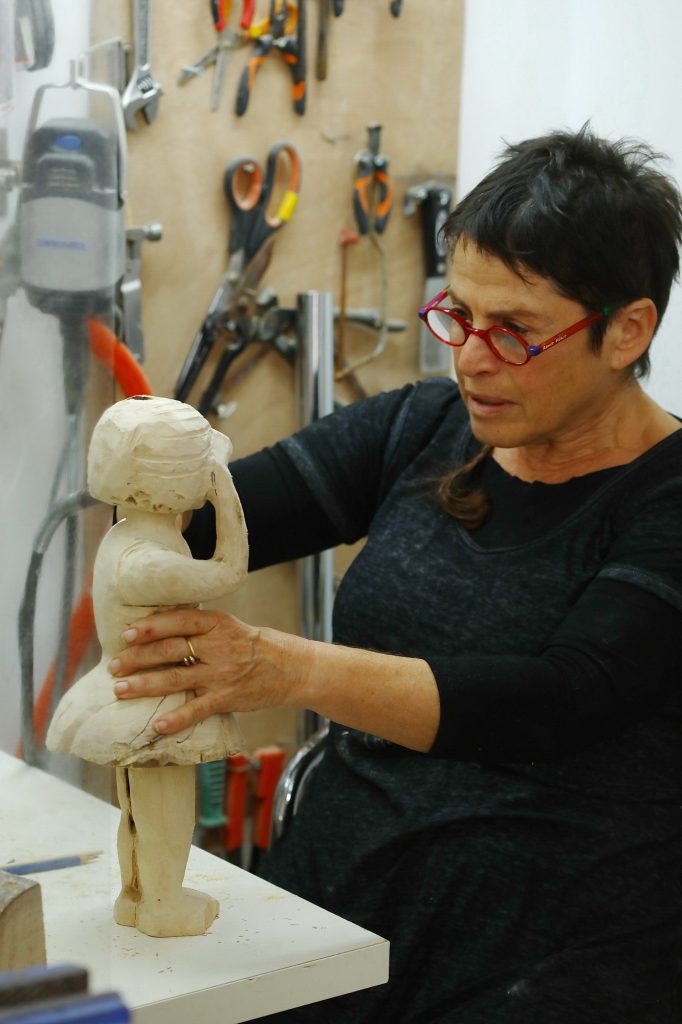
How would you use a theraf a household idol to divine the future? Wait, what is a household idol and how would I know one should I come across it, you may ask. If, in your travels, you encounter a figurine made of wood or clay in the shape of a human, a human head, or female genitalia, you may just have found a theraf, I answer. Now, if you want to know the future, if you are at a cross-roads in your life, all you have to do is follow an ancient recipe as recounted in the Midrash, the teachings of our Sages.
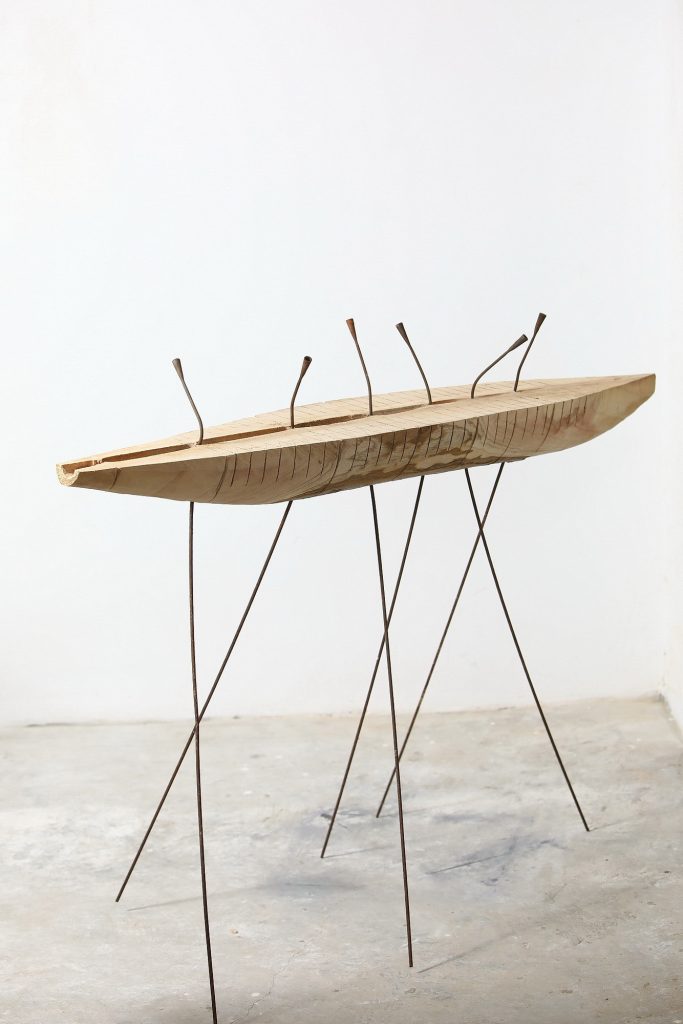
To help with your life-changing decision, you will need the following ingredients: one theraf, one first-born child, some salt, embalming fluids, a ribbon of textile interwoven with gold thread, some candles, bricks and mortar. Once you have procured the above ingredients, you may proceed to slaughter the first-born, write the name of the theraf on the piece golden cloth and place it in the now dead child’s mouth. Then proceed to mummify the sacrifice using the salt and the embalming fluids. Once this is done, entomb the mommy in a brick wall, utilizing the bricks and mortar. Place your theraf in front of the wall containing the mummy, light your candle, bow low, ask your question, and listen intently. The theraf, no doubt pleased with all the attention you have lavished upon him or her, will tell you how to proceed.
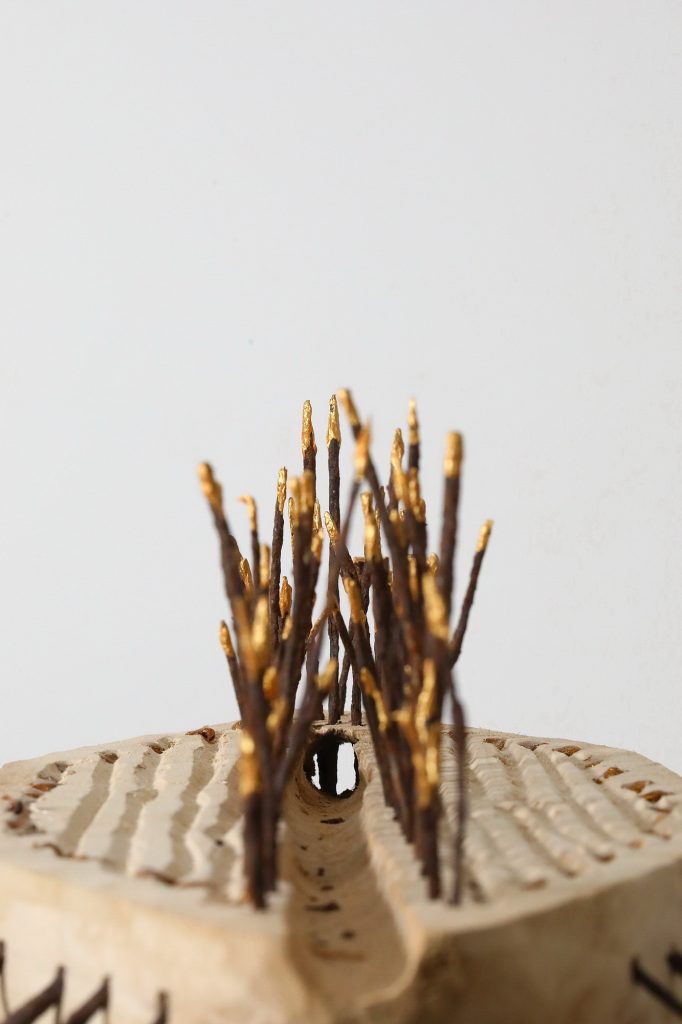
But what happens if I have a big decision to make, but no therafim? Well, then, perhaps you should do as our Mother Rachel had done and steal them from your father. After all, you cannot expect to receive and keep the divine blessing if you aren’t willing to risk all for it.
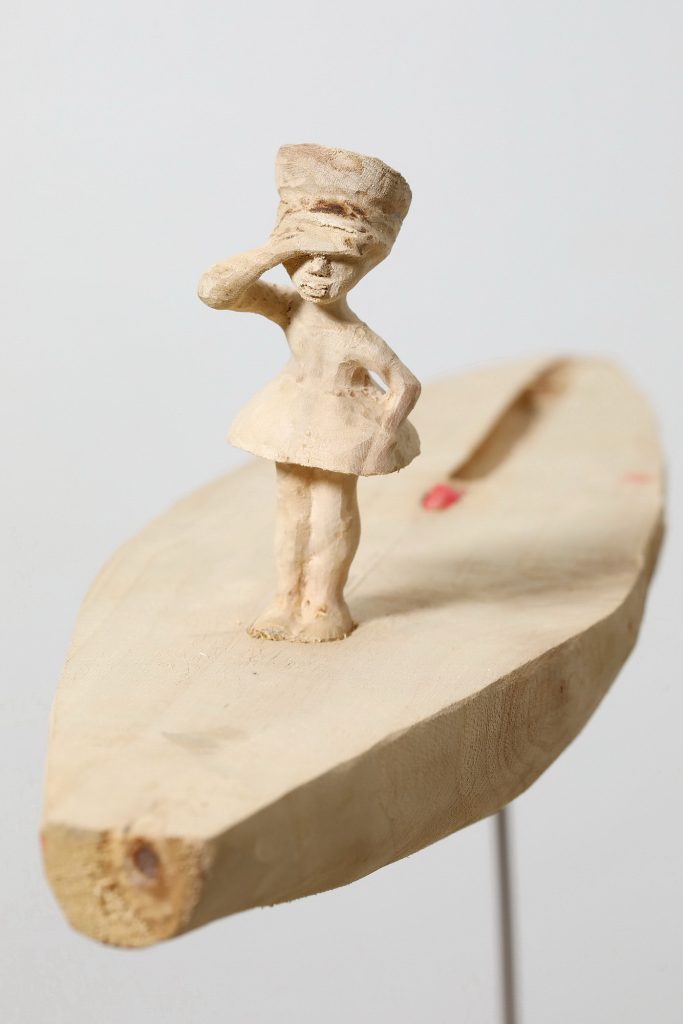
Theraf is a Hittite word of rather obscure origins, but most sources agree that it used to denote that well of mystery, the place from which we all come, the female sex organ. Rachel’s sitting on her stolen therafim and keeping her father at bay by pretending to be impure due to having her period seems to support that hypothesis. The therafim were essential to the peoples of the ancient Middle East, including the twelve Tribes of Israel and found their way onto the vest worn by the High Priest when he entered the Holy of Holies to sacrifice to the One God. Life without them was death.
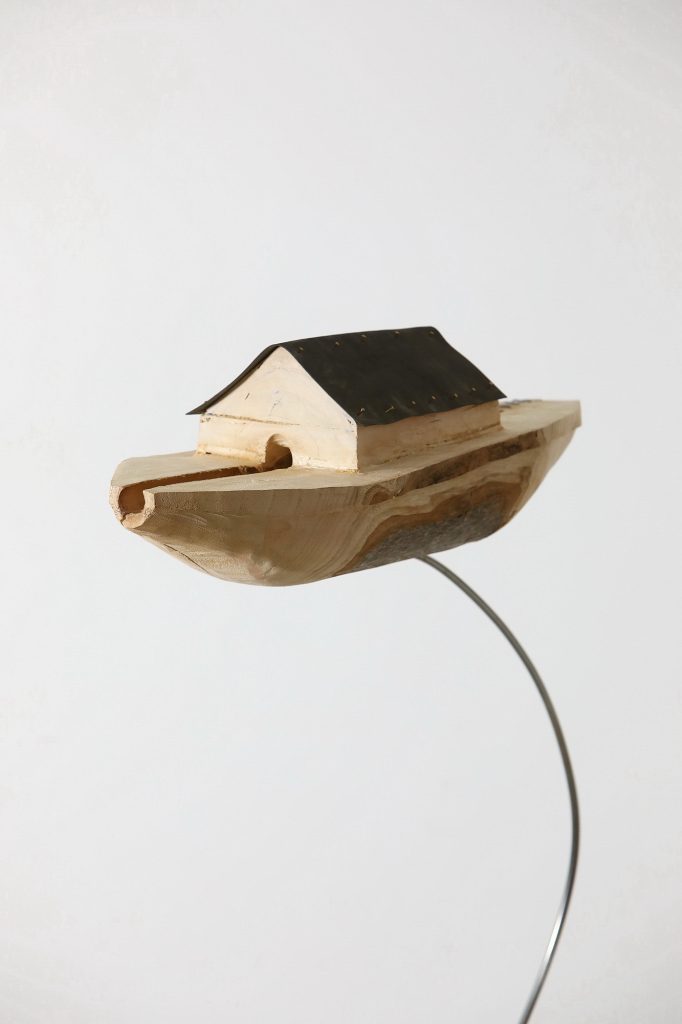
I must admit to having been rather doubtful that I would ever have the pleasure of encountering a modern-day theraf, seeing as they went out of fashion about twenty-eight centuries ago. I was wrong. Apparently, there is a very much living Israeli artist by the improbable name of Eti Gadish de Lange who has been busy turning chunks of the Paulownia tree into a collection of therafim. Her medium of choice is as strange or as divinely inspired (and isn’t that really the same thing?) as her finished work. Paulownia comes from the Far East and its stylized flower is the coat of arms of the office of the Japanese Prime Ministers. It is also, apparently, the perfect medium from which to make household idols that look like they were made somewhere between Ur and Thebes.
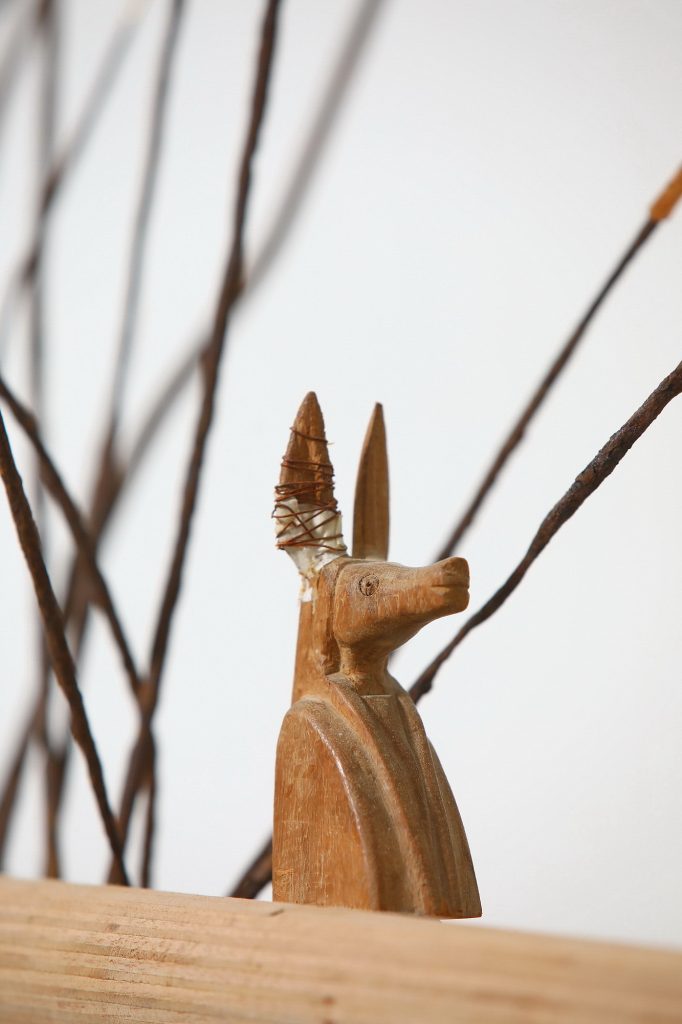
It is a little startling to see Anubis as an Egyptian family may have seen it, often used, one of its ears broken and rather crudely repaired, and yet brand new, untouched by the ravishes of time. The use of the female sex organ as a house boat is perhaps no less startling. Eti’s work makes us ask, “what the heck is that thing?” and then it makes us search for the answer. It is also a reminder that representational art was and still is no less important than tools like axes or power drills. In fact, it IS a tool. It is a tool that we use to tell ourselves stories, to allay fears, to connect us to our past. It is pretty amazing that a woman and a tree have so successfully combined forces to remind us of that.
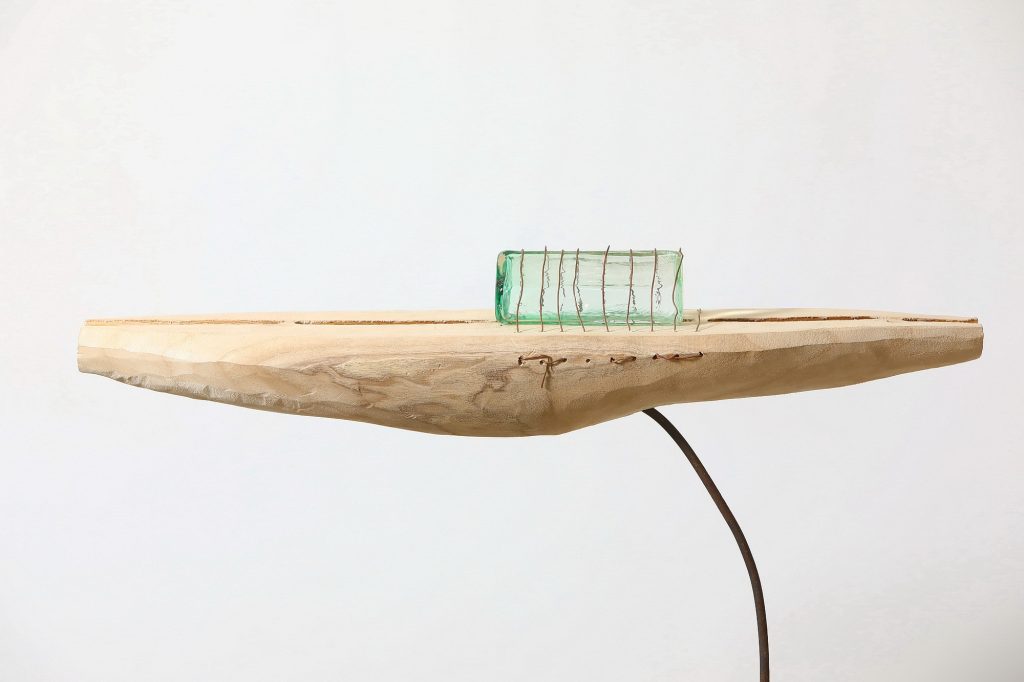
You can find Eti and her tree at the Periscope Gallery located at 176 Ben Yehuda Street in Tel-Aviv. The exhibition will open on June 6th and run through July 6th, 2019. You may also visit her Facebook page for further details.


